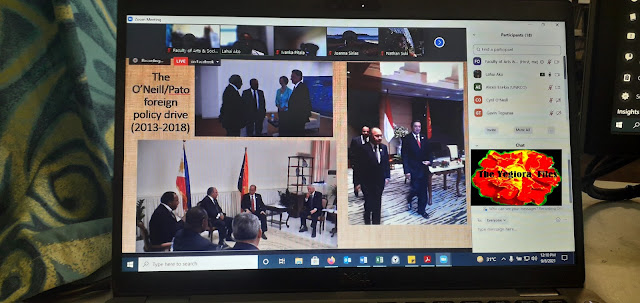Decoding Foreign Policy Analysis: Unveiling the Secrets of Decision-Making in International Relations

Foreign policy analysis is the study of how decisions are made in the realm of foreign policy. It involves examining the process by which a state formulates its foreign policy and the factors that influence decision-making. At the core of foreign policy analysis are human beings, who play a crucial role in shaping and implementing foreign policy. Throughout history, individuals have demonstrated their capacity to influence the trajectory of societies. Heroes and heroines, all of whom were human, have been instrumental in altering the course of civilizations. Human beings can be likened to the fuel that propels a car or the flour that provides structure to a cake. In the context of foreign policy analysis, human decision-makers are the driving force behind policy choices. Foreign policy analysis explores decision-making at both the individual and collective levels. When individuals hold positions of authority and power, such as the President of the United States, their decisio...
